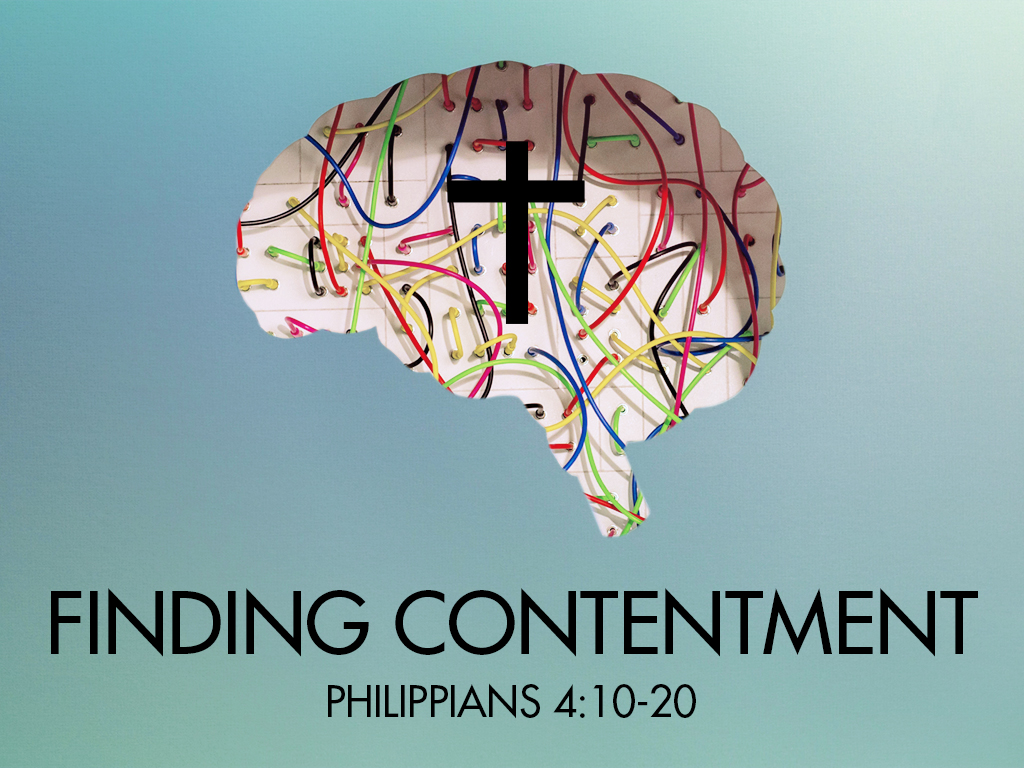Finding contentment amidst the vicissitudes of life is a profound aspiration that resonates across cultures and philosophies. The Bahá’í teachings provide a compelling framework for understanding and attaining this elusive state of being. Central to these teachings is the recognition that true contentment transcends mere worldly satisfaction and beckons a transformative shift in perspective. This exploration delves into the core principles that underpin Bahá’í teachings regarding contentment, offering insights into how individuals can cultivate an enduring sense of peace and fulfillment.
The concept of contentment in the Bahá’í context is intricately linked with the idea of acceptance. Acceptance does not imply complacency; rather, it embodies a deep-seated recognition of reality as it unfolds. This principle is accentuated in Bahá’í writings, where individuals are encouraged to embrace the present moment without being tethered to incessant desires or past grievances. Such acceptance can engender a profound sense of tranquility, allowing individuals to navigate life’s challenges with resilience and grace.
One of the pivotal teachings is found in the recognition of the impermanence of the material world. The ephemeral nature of physical possessions and status often engenders a relentless pursuit of more—more wealth, more accolades, and more influence. However, Bahá’í teachings poignantly remind us that true contentment arises from spiritual wealth rather than material accumulation. The joy derived from acts of service, compassion, and community engagement transcends the fleeting nature of material achievements. This shift in focus from external validation to internal fulfillment is paramount in the quest for contentment.
The Bahá’í perspective posits that a significant component of finding contentment lies within the nurturance of the soul. Soulful contentment is cultivated through spiritual practices such as prayer, meditation, and reflection. Engaging with these practices fosters a connection to a higher purpose, instilling a sense of belonging to a greater whole. By investing time in spiritual development, individuals can transcend the limitations of personal circumstances, recognizing their potential to contribute to the betterment of society.
Furthermore, the power of gratitude is emphasized within the discourse on contentment. Not merely a fleeting emotion, gratitude is portrayed as a transformative practice that alters one’s perception of the world. By acknowledging the myriad blessings, even amidst adversity, individuals can cultivate a mindset that fosters appreciation for the present. This practice not only enhances one’s sense of well-being but also serves to mitigate feelings of discontent and dissatisfaction. In nurturing a grateful heart, individuals enable themselves to perceive life’s challenges as opportunities for growth rather than insurmountable obstacles.
The teachings also elucidate the significance of unity and interconnectedness in achieving contentment. Within the Bahá’í framework, every individual is viewed as an integral part of the tapestry of life. Recognizing that our well-being is inextricably linked to the well-being of others fosters a sense of shared responsibility and collective purpose. This awareness ignites a commitment to social action and advocacy for justice, reinforcing the notion that true contentment flourishes in an environment of harmony and cooperation. As individuals contribute to the welfare of others, they often find their own sense of fulfillment deepening.
The Bahá’í principles adeptly address the notion of perspective. It has been said that the lens through which one views circumstances can profoundly affect one’s experience of reality. By consciously choosing to view challenges as lessons and disappointments as stepping stones toward growth, individuals can transform their relationship with life’s tribulations. This reframing is essential in cultivating contentment; it encourages resilience and fortitude, allowing individuals to approach life with an open heart and a curious mind.
Moreover, the teachings emphasize the dynamic nature of life itself. Change is intrinsic to the human experience, yet the yearning for stability can often lead to discontentment. The Bahá’í perspective advocates for an embrace of life’s inherent fluidity. By recognizing the transformative potential embedded within change, individuals can cultivate an adaptability that fosters peace amidst uncertainty. This adaptability aligns with a broader comprehension of existence, wherein every experience is regarded as part of a larger divine plan that invites personal evolution.
In seeking contentment, one must also confront the role of self-compassion. The Bahá’í teachings call for an understanding of the self that is devoid of harsh judgments or unrealistic expectations. By practicing self-compassion, individuals are encouraged to acknowledge their vulnerabilities and imperfections without descending into self-reprisal. This compassionate view fosters a nurturing inner dialogue, illuminating the path toward self-acceptance and thus enhancing overall contentment. When one learns to embrace their authentic self, the pursuit of external validation diminishes, leading to a more profound sense of inner peace.
Ultimately, the quest for contentment is a journey of self-discovery and spiritual growth. The Bahá’í teachings offer illuminating insights that guide individuals toward a deeper understanding of what it means to find joy in the present. By cultivating acceptance, gratitude, and compassion while embracing unity and adaptability, one can unlock a wellspring of contentment that is both enduring and transformative. As individuals integrate these principles into their lives, they embark upon a path that promises not only personal fulfillment but also a collective upliftment of humanity—a testament to the interconnectedness that defines the human experience.
